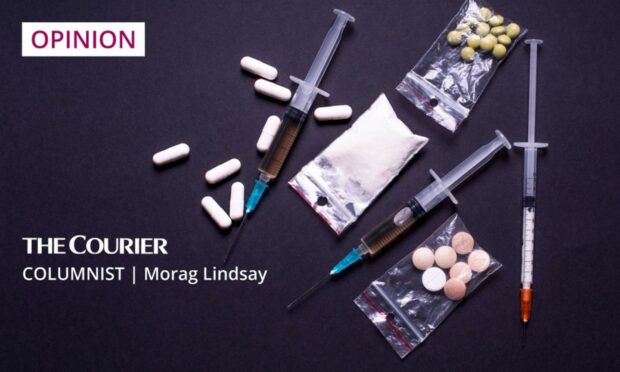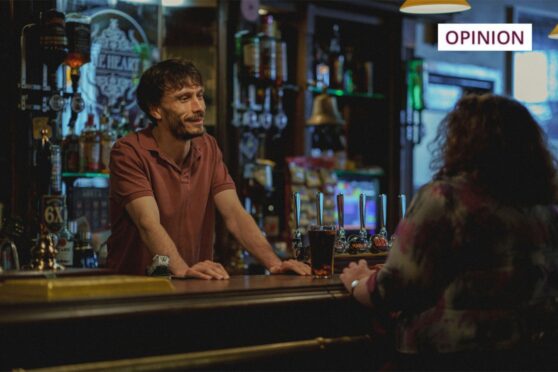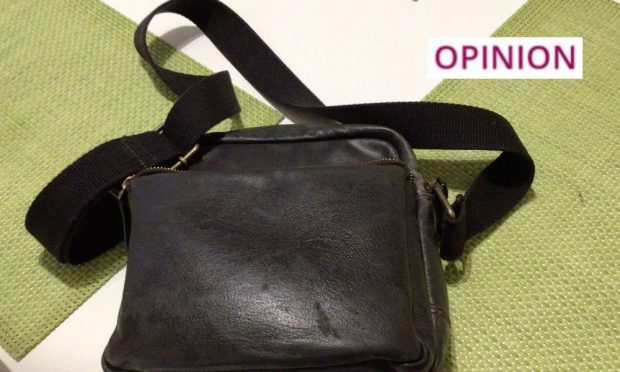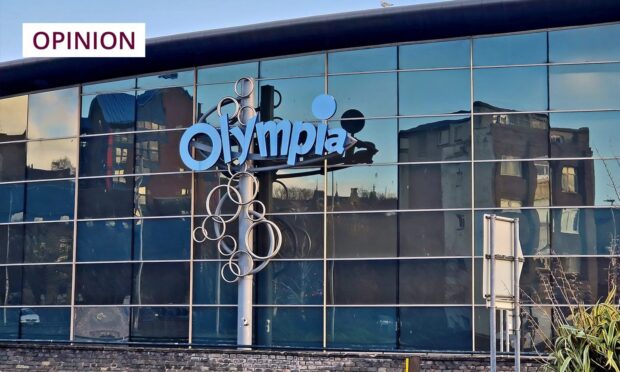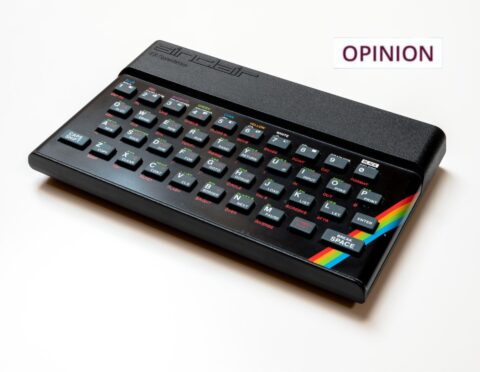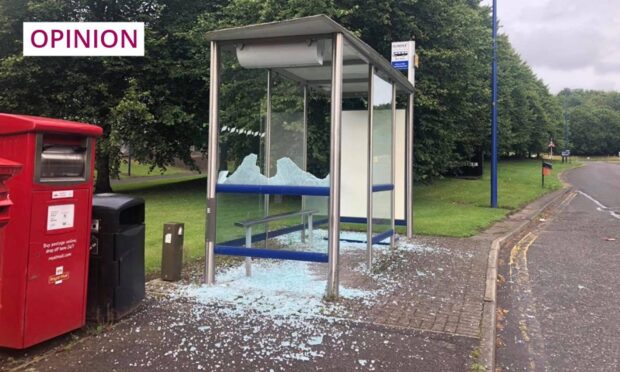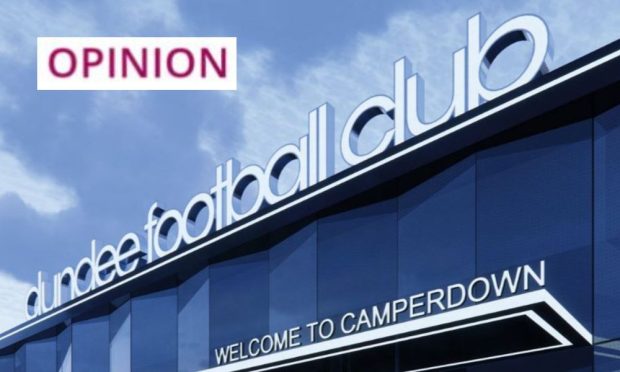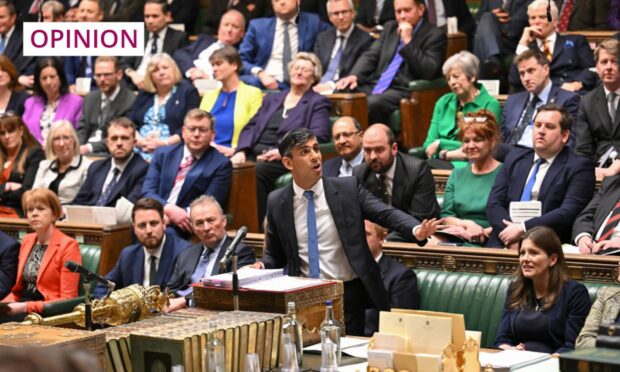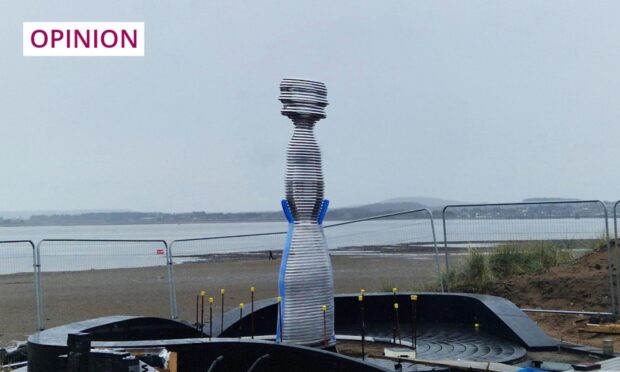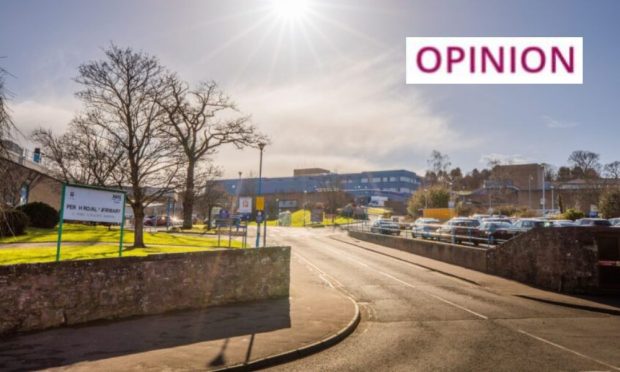The change in the law around Class A drugs might have passed you by this week.
If you’re a fine upstanding citizen it might not seem like any of your business.
Not when there’s an energy crisis, panic buying at the petrol pumps, rising food prices and a pandemic to survive.
But unless you’re one of those people who think addicts are somehow less than human, Scotland’s drugs deaths crisis is a matter for all our consciences.
And we’re all paying for drugs, from crime costs to the health service, so let me remind you.
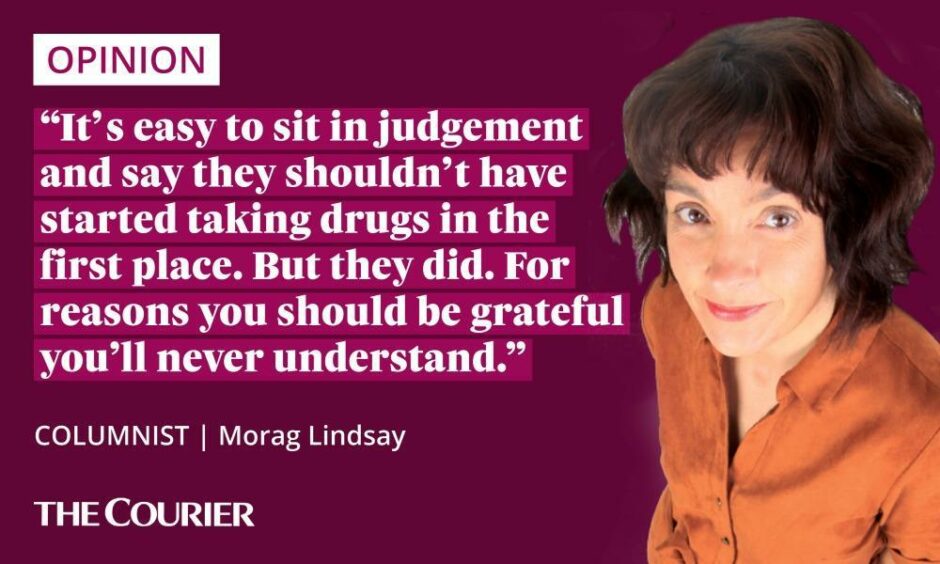 People who are caught with small amounts of Class A drugs – such as heroin, cocaine or ecstasy – may now be sent away with a warning from police, instead of prosecution.
People who are caught with small amounts of Class A drugs – such as heroin, cocaine or ecstasy – may now be sent away with a warning from police, instead of prosecution.
The power will be discretionary and dealers will still be prosecuted.
A warning isn’t just a slap on the wrist.
It stays on your record.
It governs how you’re treated if you get into trouble again.
But the Scottish Government says it wants to divert people away from court and into support.
“I have decided that an extension of the Recorded Police Warning Guidelines to include possession offences for Class A drugs is appropriate”
With that sentence, the Lord Advocate Dorothy Bain gave police permission not to charge people for carrying drugs like heroin and cocaine https://t.co/kVvYVDpcIJ
— Glenn Campbell (@GlennBBC) September 22, 2021
In Portugal, where they’ve gone further down the road of decriminalisation, drug deaths dropped dramatically and usage rates are among the lowest in Europe.
Here, 1,339 people died from drug misuse in 2021 – the highest rate in Europe and the seventh year in a row we set a new record.
Political reaction to policy shift
Warnings for Class A drugs possession is a shift to treating people who misuse drugs as casualties of a public health crisis, instead of criminals.
It should also give police more time to go after the real villains – the dealers and gangs who are getting rich on this business.
The plan was unveiled to near-universal cross-party support and was welcomed by drugs charities.
A sign of how much public opinion has shifted on the issue of drugs perhaps.
Only the Scottish Conservatives broke ranks, calling it “de-facto decriminalisation by the back door” of drugs such as heroin, crystal meth and crack cocaine.
This extreme SNP move, to weaken laws on the possession of the most deadly drugs, will do nothing to save lives.
Drug dealers will still do the crime, but under the SNP’s changes, they may not serve the time👇https://t.co/p0WXTfqWpD
— Douglas Ross MP MSP (@Douglas4Moray) September 24, 2021
It’s an odd position for the party that has been positioning itself as the voice of change on drug policy with its Right to Recovery Bill.
You’d almost think it was about the politics for them, and not the people.
Jail isn’t stopping Class A drugs supply
Diversion away from prosecution for Class A drugs possession is a recognition that you can’t imprison people out of addiction.
You can sling them in jail long enough to wean them off drugs in the harshest way possible.
(Although leaky security and crafty visitors mean that’s not even guaranteed.)
But when they walk back through the prison gates with no money in their pockets, no job, no prospect of a job with their criminal record, nowhere to stay that night unless they’re one of the lucky ones whose family still speak to them…
Well what’s a convicted druggie to do?
I’ve spoken to street users – you should try it, they’re just people – whose dealer sent someone to pick them up from HMP Perth.
By the time they reached Dundee they were using again.
And anyway all their pals from before were still using.
So how do you drag yourself away from the only circle you know when you have literally nowhere to turn?
Put yourself in their shoes
And it’s easy to sit in judgement on the cushion of your comfortable life and say they shouldn’t have started taking drugs in the first place.
But they did.
Often for reasons you should be grateful you’ll never understand.
And those drugs have to be paid for, whether it’s through begging or stealing or prostitution.
And it’s your taxes that are paying for police wages and court time and prison and hospital stays.
So eventually that reality is going to have an impact on you, however comfy your life is.
Keeping people out of jail for possession, or being unable to pay the fines imposed on them by the courts for possession, is not just the humane thing to do.
It’s an acceptance that we’re wasting time and energy on a system that helps no one – and isn’t even a deterrent.
If it was the numbers of people using Class As and other drugs would not be rising every year.
And then the number of people landing in hospital for problem drug use might not be rising either.
And maybe we would not be in Europe’s drugs death capital, demanding bold action then feigning outrage when it comes.
Small step, bigger picture
For all the pearl clutching this is still a tiny step towards shaking off that label.
Investment in treatment is already under way but much more is needed.
Bigger steps may follow.
Research has shown the majority of Scots support safe consumption rooms.
But they’re still mired in the no-man’s land between the Holyrood and Westminster justice systems.
Beyond that even, it’s about recognition that addiction does not exist in a vacuum.
For a great many people it’s a by-product of poverty.
It’s not that poor people take more drugs. They are just more likely to become problem users.
They’re more likely to start early, progress to dependence, inject, develop health and social complications and fall into crime.
They’re also less likely to get care and treatment and have fewer ways of getting out.
Universal credit cut spells disaster
Talking of poverty, the Conservatives at Westminster are coming under pressure over plans to withdraw the £20 top-up on Universal Credit.
It was introduced at the start of the pandemic and is due to end on October 6.
Remember that energy crisis, panic buying at the petrol pumps and rising food prices we mentioned earlier?
Twenty pounds less a week is the last thing anyone needs right now.
For families on the breadline it’s the difference between heating and eating, the supermarket or the foodbank, just getting by or sinking into poverty and all the risks that come with it.
We won’t tackle addiction without making inroads into poverty.
So maybe persuading their pals to reverse this Universal Credit cut would be a better use of politicians’ time than opposing a measure that all the experts say is long overdue.
